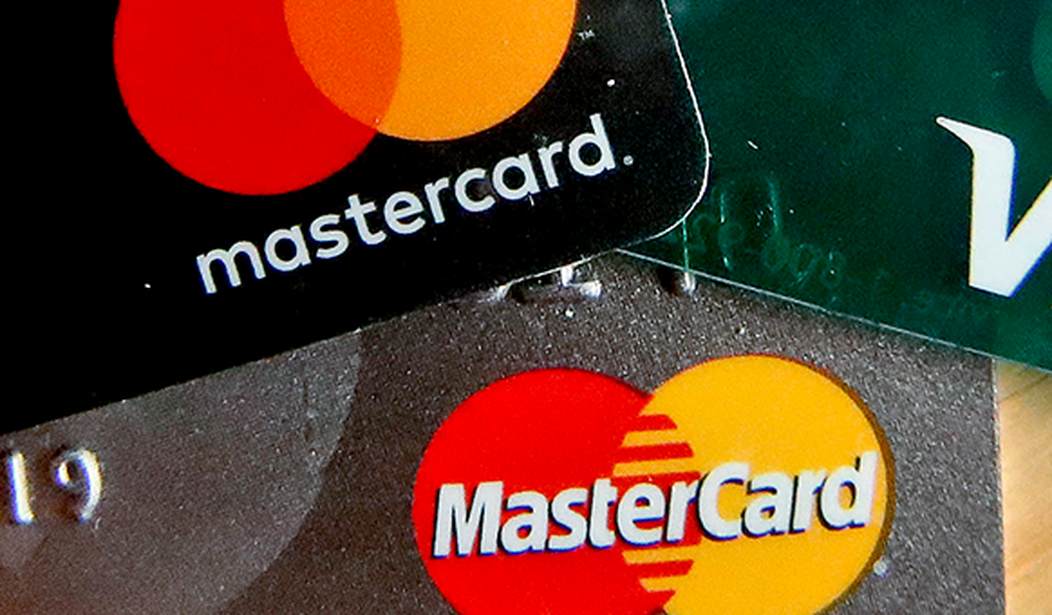Small businesses across the country are struggling with inflation, supply chains, and the possibility of an economic downturn. Now, credit card companies—along with their partner banks—are preparing to rub salt in the wound. Beginning in October, Visa and Mastercard will reportedly raise the fees they charge to small businesses.
The additional "hidden tax" is expected to cost an extra $502 million annually. And that’s in addition to the billions they already pay to cover credit card transactions.
The scheme has been building for years. And it’s a runaway train that Congress is poised to address. The problem is a lack of competition. Corporate giants Visa and Mastercard are deploying cartel-like behavior to hold small businesses hostage.
Every time a customer taps, inserts, or swipes a credit card, small businesses are on the hook to pay a fee to the credit card company and bank. Sounds innocent enough. But in reality, Visa and Mastercard are taking advantage of their duopoly position to set the banks’ fees and jack-up costs.
In 2022, these credit card “swipe fees” amounted to nearly $130 billion. That’s more than a 20 percent increase compared to the previous year. And without free market competition, these companies—which control 80 percent of the market—are doubling down. Case in point is the recent news about the October hike.
Small businesses have always faced unique challenges when it comes to accepting credit card payments. And as costs associated with taking credit cards continue to balloon, it’s becoming more difficult to compete with their corporate counterparts by the day.
Recommended
In fact, for many small businesses, swipe fees amount to the second highest operating expense behind labor costs. For example, the owner of a New Mexico travel center business pays more than $800,000 annually in “swipe fees.” Meanwhile, another entrepreneur in Tennessee—who runs convenience stores—shells out nearly $3 million a year. These stories aren’t the exception but the rule.
Enter the Credit Card Competition Act—bipartisan federal legislation that was introduced earlier this year. The bill would use the power of the free market to address these problems by fostering competition.
More specifically, the bill would require mega banks with more than $100 billion in assets to provide small businesses an alternative option on how to process credit cards. That way, credit card companies would be compelled to compete for a merchant’s business—an environment that would drive down “swipe fees.” Experts say the increased competition could save businesses $15 billion per year—a financial windfall that would have an outsized positive impact on Main Street.
We’ve seen this happen before. Following the passage of the Telecommunications Act of 1996, there was suddenly competition for long distance phone service that had previously been muscled out by existing companies. As a result, the price of long distance fell precipitously, saving people money and setting the table for dramatic innovation within the telecommunications space.
Similar improvements could unfold within the credit card industry following passage of the Credit Card Competition Act. And, in the process, small businesses would be able to keep more of their own money to hire, expand, and better compensate employees.
Small businesses are the backbone of the U.S. economy and should be a priority for lawmakers. By holding credit card companies accountable to the same free market, competitive environment that the rest of the economy operates in, the Credit Card Competition Act can be a game changer for Main Street.
Alfredo Ortiz is the President and CEO of the Job Creators Network.
























Join the conversation as a VIP Member